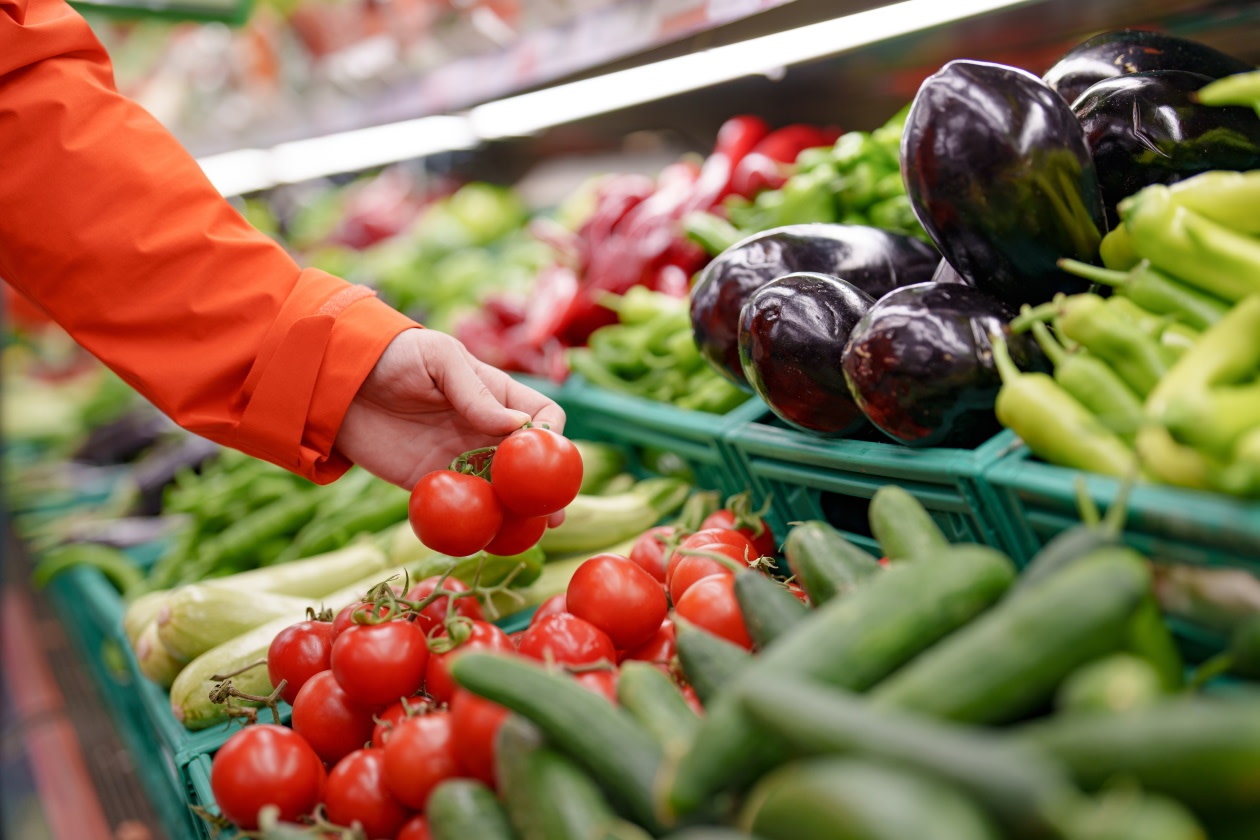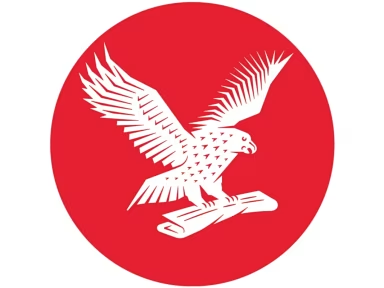UK inflation slowed to 2% in May, dropping to its lowest level since July 2021, according to new official figures.
It has matched the target rate of inflation set by the Government and Bank of England after a slowdown in price rises over the past two years.
Here, the PA news agency looks at what the latest inflation data means for households and the economy.
What is inflation and why has it fallen?
Inflation is the term used to describe the rising price of goods and services.
The inflation rate refers to how quickly prices are going up.
May’s inflation rate of 2% means that if an item cost £100 a year ago, the same thing would now cost £102.
It is lower than the 2.3% inflation rate recorded in April, meaning that prices are increasing more slowly than they previously were.
The latest reading is on track with predictions from economists.
Does this mean that the cost of living is falling?
No, the cost of living is still rising, just at a much slower rate than it has in recent years.
In fact, just less two years ago, prices were soaring by as much as 11.1%, largely because of significantly higher gas and electricity costs.
Inflation has been steadily easing back since then, amid efforts from policymakers put pressure on demand.
Nevertheless, prices for UK households are significantly higher than before the rise and fall in inflation.
Jake Finney, economist at PwC, said: “Consumer prices have risen by 20% since inflation was last at target.”
Will the cost of living ever go down?
The Government does not want prices to fall. It sets the Bank of England, the UK’s central bank, a target to keep the inflation rate at 2%.
It says this is the ideal level to help people and businesses plan their spending.
However, some items have been going down in price.
The price of housing, furniture and household goods all fell, compared with the previous year, the Office for National Statistics (ONS) said on Wednesday.
Some food prices also fell last month, such as fish, milk, cheese and eggs.
Other food prices, like meat, bread and cereals, have just risen at a slower rate.
What does it mean for the General Election?
Rishi Sunak triggered the July 4 contest off the back of the April fall in CPI, so it is no surprise he was quick to seize on the rate returning to the 2% target.
He said it was evidence the “bold action” he had taken as Prime Minister was working and warned voters not to jeopardise that by putting Labour into office.
However, actions by Government have a limited effect on overall inflation, with this far more strongly dictated by central bank policy actions – such as changes to interest rates – and global factors, such as the supply of energy or commodities.
Voters are still suffering after the prolonged period of high inflation caused a painful squeeze on living standards and opinion polls suggest they are ready to punish the Tories for their record in office.
Shadow chancellor Rachel Reeves said “working people are worse off” after 14 years of Conservative rule and promised Labour would offer economic stability.
What does the fall in inflation mean for interest rates?
Interest rates are used by the Bank of England as a tool to help control inflation.
Rates are currently at 5.25%, having been held at the level for the past six votes by the Bank’s policymakers.
They were increased to this level to make it more expensive for people and businesses to borrow money, therefore weighing on their demand for goods.
This makes it hard for companies to keep increasing prices at the same rate, helping to contribute to the slowdown in inflation.
Economists expect the Bank of England to start cutting interest rates in the coming months, but most have indicated this will not happen at its next Monetary Policy Committee (MPC) on Thursday.
Rate-setters at the Bank look at the overall rate of inflation but also have a firm eye on specific areas, such as services inflation, which has been particularly sticky at 5.7% in May.
Many experts have suggested the Bank would like to see this ease further.
So when could interest rates be cut?
Suren Thiru, economics director at ICAEW, said on Wednesday the fall in inflation to target rates will not help speed up interest rate cuts.
“Despite this landmark fall in inflation, concerns over both underlying price pressures and changing policy in the run-up to a General Election means a June interest rate cut is almost certainly off the table,” he said.
Most experts predicted prior to the latest data that the next rate cut will take place in August.
Some economists have suggested the higher-than-expected services inflation reading for last month could even cause the Bank of England to hold off rising rates until September.
Rob Wood, chief UK economist at Pantheon Marcoeconomics, said: “Services inflation overshooting the MPC’s forecast by 0.4 percentage points makes an August MPC rate cut look like a long shot.
“We will very likely shift our call for the first MPC cut to September.”
This article was written by Anna Wise from The Independent and was legally licensed through the DiveMarketplace by Industry Dive. Please direct all licensing questions to legal@industrydive.com.

